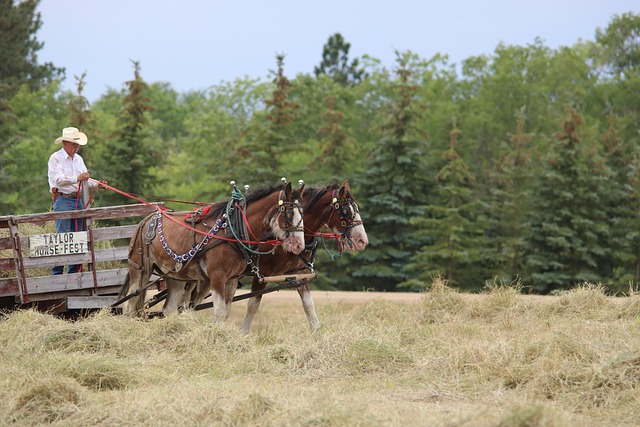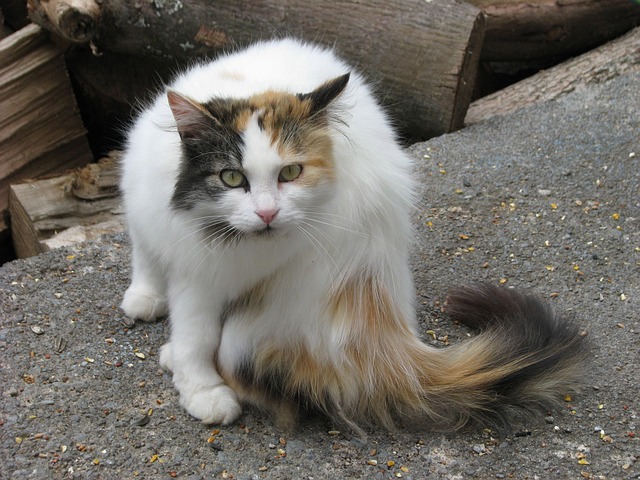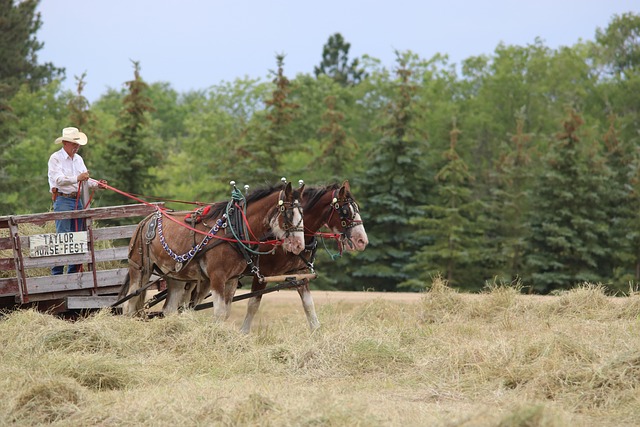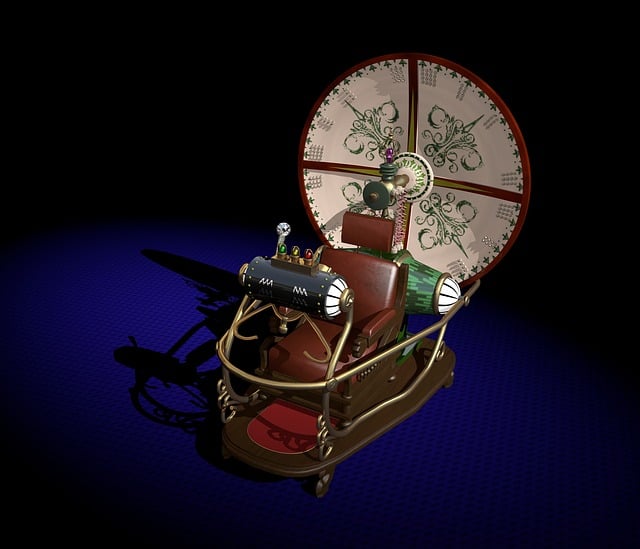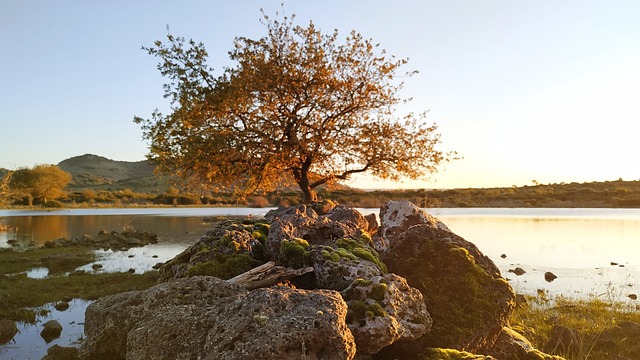In real estate, preserving historical roots is not just a trend but a celebration of collective heritage. Traditional properties offer a unique connection to the past, reflecting bygone values and showcasing intricate craftsmanship. These homes, built with quality and longevity in mind, contrast modern construction methods. Pioneer heritage enhances community development by fostering strong local spirits and cultural traits, attracting buyers and boosting property prices. Today, developers integrate traditional elements into modern designs, creating appealing properties that foster community belonging and preserving cultural legacies for sustainable growth.
In a world increasingly shaped by modern trends, the celebration and preservation of traditional values and pioneer heritage stand out as a refreshing and unique aspect of community development. This article explores how historical roots, deeply embedded in real estate, become a powerful asset. From charming traditional properties to the cultural significance of pioneer legacies, we uncover why these elements are not just nostalgic remnants but vibrant indicators of a community’s identity and growth. (Keywords: Real Estate, Traditional Values, Pioneer Heritage)
Preserving Historical Roots: Unlocking the Charm of Traditional Real Estate

In the realm of real estate, preserving historical roots is more than just a trend; it’s a celebration of our collective heritage. Traditional properties offer a unique connection to the past, reflecting the values and lifestyles of yesteryears. By choosing to live in or invest in these homes, we not only secure a place to call our own but also contribute to the preservation of architectural wonders that tell stories of our pioneer heritage.
Unlocking the charm of traditional real estate means embracing the craftsmanship and design elements that have stood the test of time. These properties often boast intricate details such as ornate fireplaces, wooden floors, and grand staircases, each a testament to the skill and creativity of their original builders. They represent a time when homes were built to last, with an emphasis on quality and longevity, a stark contrast to today’s fast-paced construction methods.
The Impact of Pioneer Heritage on Community Development

Pioneer heritage, deeply rooted in traditional values, plays a pivotal role in shaping and enhancing community development in various ways. The sense of history and identity it instills fosters a strong community spirit that binds residents together. This shared legacy often inspires local initiatives, from cultural events to conservation efforts, ensuring the preservation of unique traits that contribute to a vibrant and distinctive community atmosphere.
In real estate, this heritage can be a significant draw for both locals and outsiders seeking authentic experiences. Properties in areas rich in pioneer history may command premium prices due to their cultural significance and the appeal they hold for those interested in preserving traditions. This economic aspect, combined with the social cohesion it fosters, makes championing pioneer heritage an essential component of sustainable community development.
Celebrating Cultural Values: A Unique Selling Point for Real Estate Market

Celebrating cultural values is becoming a unique selling point in the real estate market, as buyers seek homes that resonate with their heritage and traditions. In today’s diverse and interconnected world, individuals and families are often looking for spaces that honor their roots. Real estate developers who understand this trend are incorporating traditional elements into modern designs, creating properties that appeal to a wide range of buyers.
This shift is not just about aesthetics; it’s about fostering a sense of belonging and community. By preserving and showcasing cultural values, real estate projects can become landmarks in themselves, attracting folks who wish to immerse themselves in their heritage or those who appreciate the rich tapestry of diverse cultures. This strategy not only enhances the appeal of properties but also contributes to the preservation of cultural legacies, making them stand out in a competitive market.
